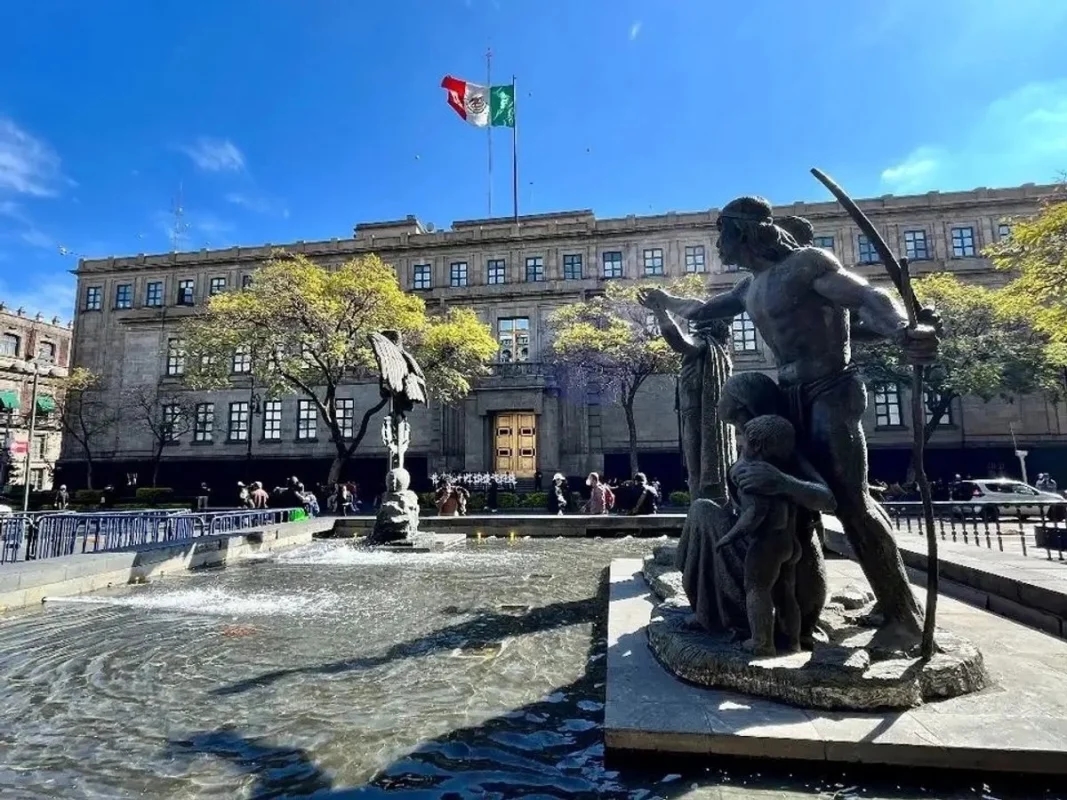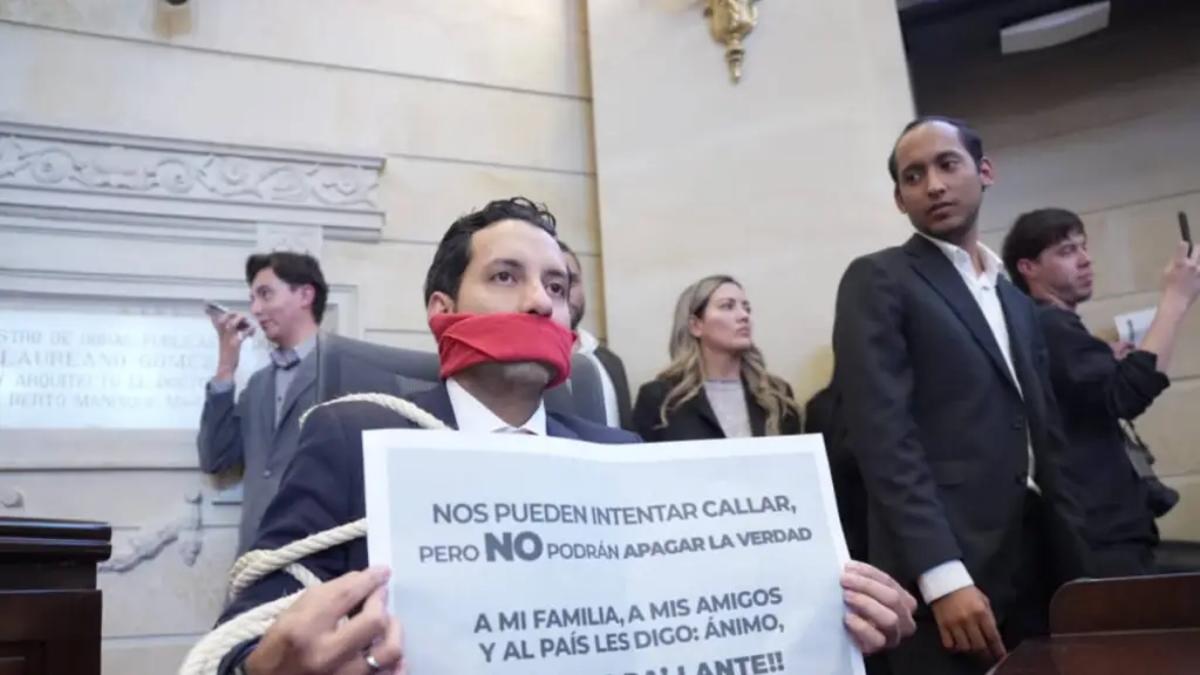Court allows schools to temporarily halt junk food guidelines

The Supreme Court of Justice of the Nation (SCJN) ruled that schools that are part of the National Education System can request amparo proceedings to temporarily suspend the application of the guidelines on junk food , promulgated on September 30, 2024 by the Ministry of Public Education (SEP) .
The full court unanimously approved Minister Yasmín Esquivel Mossa 's proposal in the contradiction of criteria 137/2025 , establishing that schools, and not just vendors of processed products, can request a provisional suspension . The measure applies whenever it is demonstrated that the institution could be harmed by these guidelines.
Minister Esquivel explained that schools have a legitimate interest in requesting the suspension, since the regulations impose obligations and penalties on schools in case of non-compliance. This settles the debate about whether the precautionary measure could be extended only to processed food retailers.
The General Guidelines on the preparation, distribution and sale of food and beverages seek to regulate the sale of processed, prepared and bulk products within the facilities, promoting healthy lifestyles .
However, several educational institutions, including the Center for Research and Advanced Studies (Cinvestav) of the National Polytechnic Institute (IPN) , challenged the regulations. They argued that the provisions restrict legal activities within their facilities and defended the possibility of:
- Continue selling and advertising processed products while complying with health regulations.
- Maintain freedom in food preparation in cafes without absolute prohibitions on certain ingredients.
- Avoid penalties resulting from non-compliance with the guidelines.
Minister Giovanni Figueroa Mejía indicated that the final ruling will include adjustments before the full court issues its decision. It was emphasized that the measure does not seek to permit or tolerate the sale of junk food , but only to evaluate whether a provisional suspension can be granted to schools required to comply with the guidelines.
In the words of the Plenary, this action does not prejudge the constitutionality of the guidelines, and its purpose is to temporarily protect educational institutions while the substance of the matter is resolved.
With this ruling, schools have a legal mechanism to temporarily suspend the application of regulations on processed foods. This allows them to plan their food services , adjust menus and cafeteria operations, and manage educational activities without fear of immediate penalties .
Although the Supreme Court of Justice of the Nation (SCJN) opened the door to provisional suspension, the court's intention remains to protect the health of students by promoting healthy lifestyles and limiting exposure to products with high levels of sugars, fats, and sodium.
The decision creates a temporary balance between the obligations of the SEP and the operational autonomy of the schools, allowing the schools to participate in the legal process to defend their interests and demonstrate possible impacts from the regulations.
Institutions seeking to suspend the application of the guidelines must file injunctions with the competent courts. The Supreme Court will ultimately decide how this criterion will be applied, but it is clear that schools have the right to legally defend themselves against regulations they consider restrictive to their internal operations.
In summary, the Supreme Court of Justice of the Nation (SCJN) reaffirms the possibility of temporarily suspending the guidelines on junk food , guaranteeing that schools can carry out their functions without immediate sanctions, while the legality of the SEP regulations is reviewed, and at the same time maintains the objective of promoting healthy eating in schools .
La Verdad Yucatán





